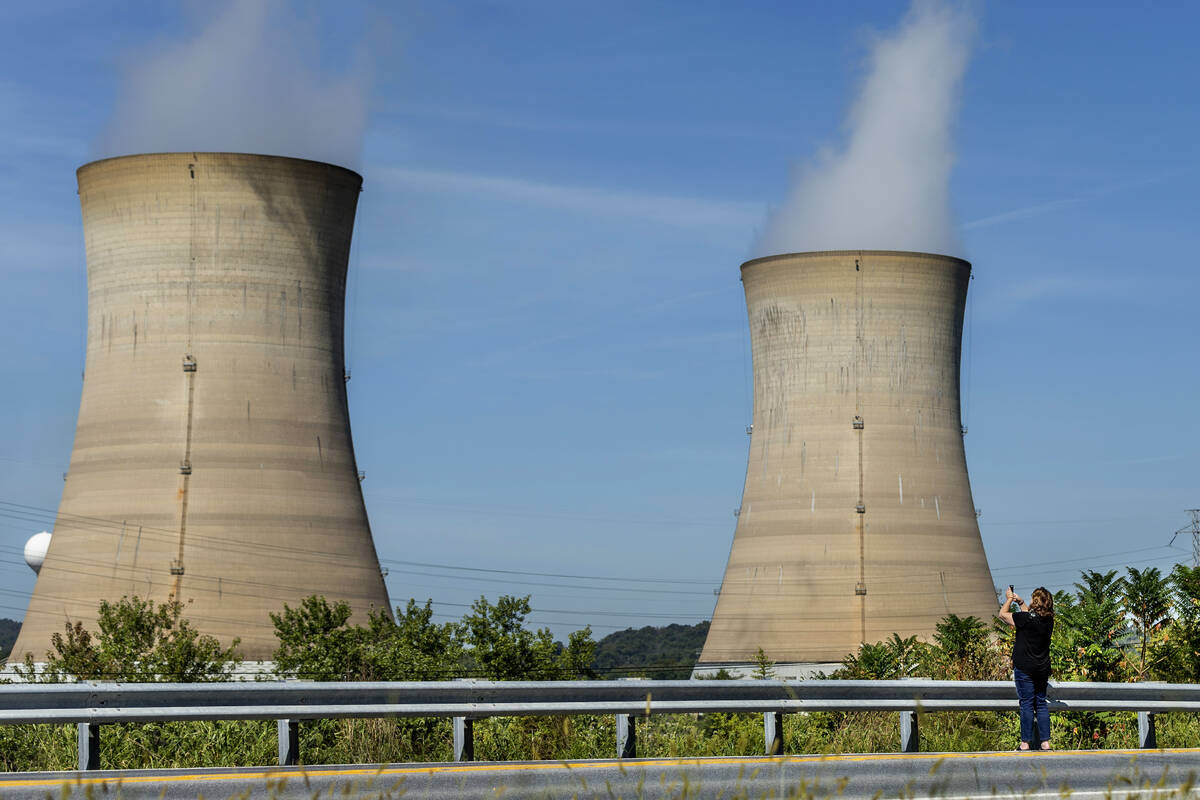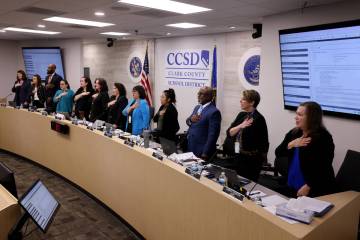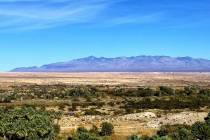EDITORIAL: Some greens waking up on climate change debate
Anything that injects a modicum of sanity into the oft-overwrought global warming debate is worth celebrating. Recent weeks have brought a pair of such developments.
Last month, Vox — a left-leaning news site — published a commentary under the headline “Stop telling kids that climate change will destroy the world.” This marks a welcome departure from the gloom and doom that dominates progressive rhetoric on the topic and holds that hotter temperatures will destroy the planet and mankind. It’s an “existential” crisis, as they say.
“It feels like adults are displacing our own frustration at political inaction on climate onto kids — and doing it by telling them things that aren’t true, and that they don’t have the perspective or context to take with the appropriate grain of salt,” wrote Kelsey Piper of Vox.
Ms. Piper advises those on the left to temper the dishonest apocalyptic messaging that dominates many children’s books and educational materials. While climate change presents challenges, “what it won’t do … is make the Earth unlivable, or even mean that our children live in a world poorer than the one we grew up in,” she notes.
Perhaps an appropriate counterweight would inform young minds that various interests have been predicting the end of the world and human extinction for centuries without much success.
The drift toward reasonableness continued this week when The New York Times published a story highlighting how some green activists are finally realizing that nuclear power must be a part of any clean energy transition if the nation is to make the switch without massive economic disruption.
“Ultimately, you get to a point where you need something that’s not weather dependent, something like nuclear to make the grid reliable,” John Kotek, who ran the Office of Nuclear Energy during the Obama administration and is now vice president for policy at the Nuclear Energy Institute, told the Times. “There are other technologies that are candidates to play that role, but if you look at what is available today across the widest scale, that’s nuclear energy.”
Many states, including Nevada, have codified unrealistic energy portfolio goals. Wind and solar do not yet have the capability to meet all of the nation’s energy needs no matter how much wishful thinking goes into the equation. Thus, California and other states are reconsidering the idea of closing active nuclear plants.
“When you want to go to net zero and there are hours of the day with no sun and weeks when the wind is not blowing, it becomes a much bigger task to ensure you have enough power,” John Parsons, an energy scholar at MIT, told The Washington Post in May, “nuclear becomes essential.”
Baby steps, perhaps. But progress is progress.






















